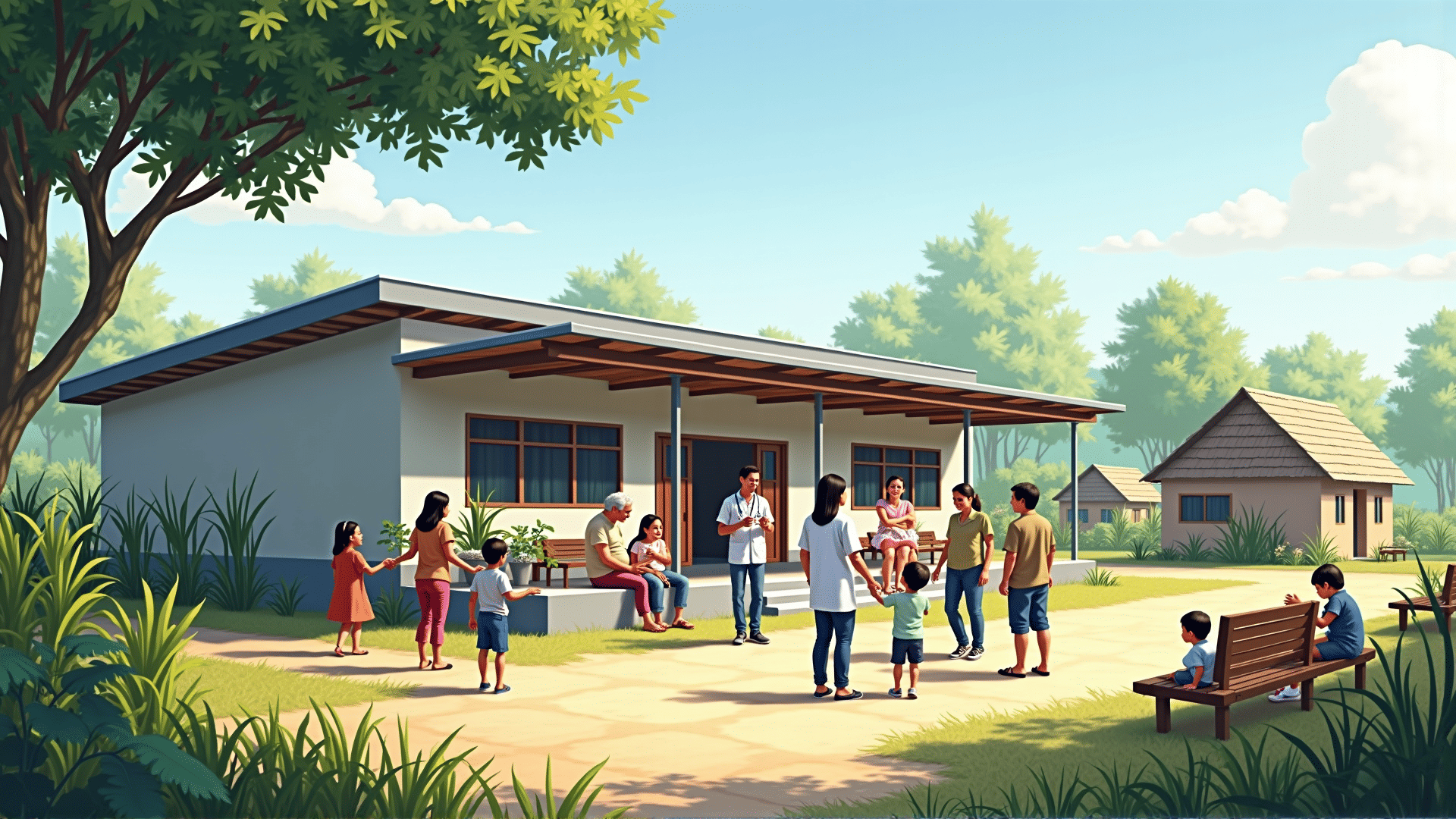Improving healthcare access in underserved areas is a fundamental step towards ensuring that everyone can enjoy a healthy and fulfilling life. In many regions, people face significant challenges in obtaining necessary medical services due to a lack of facilities and resources. Bridging this gap necessitates a concerted effort to create new health infrastructure and enhance the services available in these communities.
Establishing new health centers is crucial in areas where facilities are scarce. This involves not only the construction of physical buildings but also ensuring that they are equipped with the necessary tools and technologies to provide comprehensive care. Medical facilities must be staffed with trained professionals who are committed to serving these communities. Recruiting healthcare providers who understand the local culture and language can improve patient trust and communication, leading to better health outcomes.
Another vital aspect is the development of mobile health services, which can reach individuals in remote areas where permanent facilities might not be feasible. Mobile clinics can provide essential services such as vaccinations, screenings, and basic check-ups. By bringing healthcare directly to these communities, we can address immediate health needs while working on long-term solutions.
Telemedicine is another powerful tool in expanding healthcare access. With advances in digital technology, medical professionals can now consult with patients remotely, providing advice and prescriptions without the need for travel. This is particularly beneficial in areas where expertise in certain specialties might not be locally available.
Education also plays a pivotal role in improving healthcare access. By raising awareness about preventative measures and healthy living, communities can take proactive steps in managing their health. Nutrition workshops, hygiene education, and information about chronic disease management can empower individuals to make informed choices about their health. Training programs for local health workers can further strengthen community health, ensuring that residents have access to knowledgeable support.
Collaboration is key. By partnering with local governments, non-governmental organizations, and community leaders, we can create sustainable healthcare models tailored to meet the specific needs of each community. It is essential to work alongside local populations to understand their unique challenges and develop solutions that are culturally sensitive and effective.
Access to quality healthcare is a fundamental right, and by focusing on infrastructure improvement, mobile and digital health solutions, education, and collaborative efforts, we can make significant strides towards ensuring that underserved areas receive the care they deserve. Through dedication and innovation, we can build healthier communities and a brighter future for everyone.
